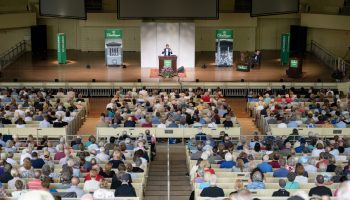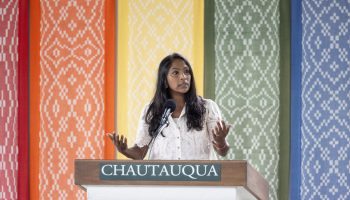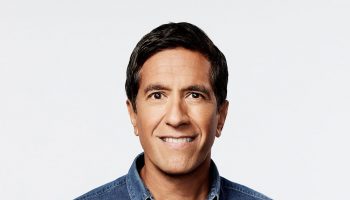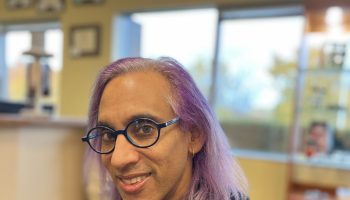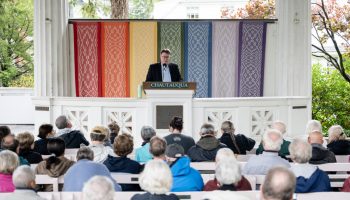Karenna Gore has worked as a lawyer, journalist, political campaign chair and even showed cattle. But it was later in life that Gore said she found her true vocational calling as an environmental activist, specifically with issues of pollution and climate change.
At 2 p.m. Monday in the Hall of Philosophy, Gore will give an Interfaith Lecture for this week’s theme: “A Theology of Ecology.” She will argue why the ecological crisis is a spiritual dilemma based more on belief systems than on science or economics.
Gore’s background includes jobs as a writer, lawyer, legal analyst and general public programmer. She also worked as the Youth Outreach chair on the presidential political campaign of her father, former vice president Al Gore, in 2000.
Gore later attended Union Theological Seminary, receiving a Master of Arts degree in 2013.
“I understood as I was growing up in a political family that the role of religion was important not only in terms of one’s personal beliefs, but also in terms of what holds communities together and how people communicate to each other about our sense of moral responsibilities,” Gore said. “It seemed to me as I went through my life and was not quite sure what my next moves were, that I wanted to know more and have a chance to study more about religion.”
But Gore never expected her study of divinity to spark a passion for environmental causes.
“As I was thinking about some of what we were studying in terms of belief systems, … the mystery of existence and also the process of finding a life path for myself, it was also a search for a vocation,” Gore said. “I just felt that the most interesting and engaging question was how we can reconcile ourselves and our society to the natural world.”
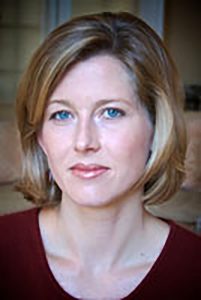
Gore ultimately decided to become an active part of the movement to protect Earth from pollution and climate change. In 2016 she was part of a protest demonstration at the construction site of a pipeline in Boston that would carry fracked gas, and was arrested for her efforts. Gore currently serves as the director of the Center of Earth Ethics at Union Theological Seminary.
When studying world religions, Gore said she likes to observe their differences rather than similarities, specifically regarding the ways different traditions treat the Earth. She said some belief systems view humans as ultimately more important than other creatures, while others view them as part of an “interdependent web of life.”
Gore said understanding those beliefs is the key to characterizing how theology has been distorted to allow pollution on the scale that we’re seeing it today.
“In the indigenous traditions and Native American traditions that I became most familiar with, the sacred was in the land [and] in the water itself, which was a subject -— not an object,” Gore said. “A place-based appreciation of the sacred within the natural world is something that I found to be very powerful in dialogue with my tradition, which is Christianity, which actually has a very different notion.”
Although Gore acknowledges that environmental issues are important in science and economics, she said she thinks they are part of a spiritual crisis more than anything else.
“This is really about who we are and how we see our obligations to each other across space [and time], and how we define wealth and prosperity and success and development,” Gore said. “Those things bring you right back into science and economics pretty quickly, but I think it’s much more interesting to talk about climate [issues] starting from a place of belief system.”

